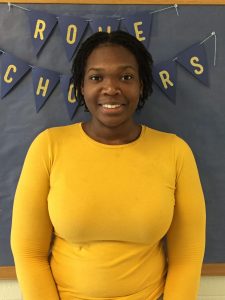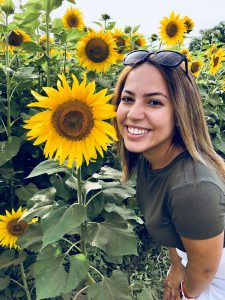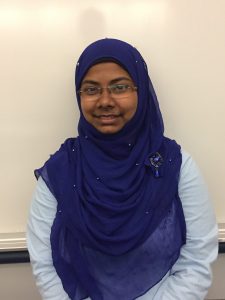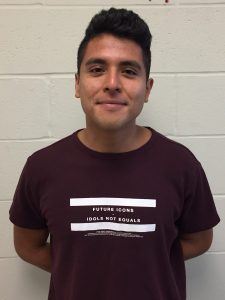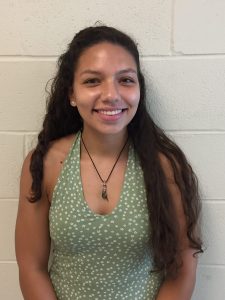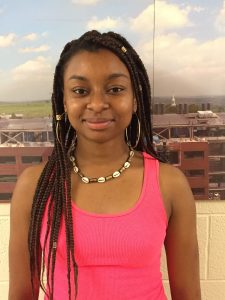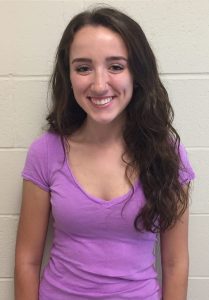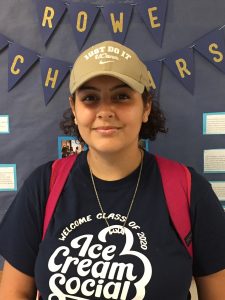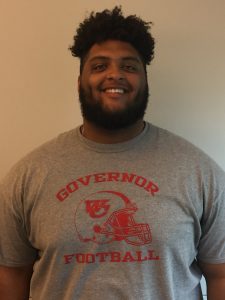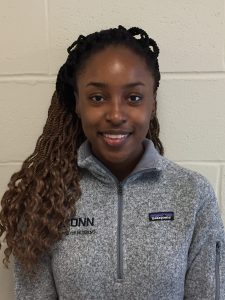 Stacy-Ann Wallen is a budding author and nurse. She writes chapter books which she hopes to publish someday, and she’s volunteered at Saint Francis Hospital for two years. She’s worked in the Radiology Department, assisting nurses, discharging and admitting patients, delivering lunches, and sanitizing and making beds. She’s also worked with congestive heart failure patients, walking them around the hospital to keep them active. At UConn Hartford she volunteered for a blood drive. Stacy-Ann is from Hartford and graduated from William Hall High School in West Hartford, CT.
Stacy-Ann Wallen is a budding author and nurse. She writes chapter books which she hopes to publish someday, and she’s volunteered at Saint Francis Hospital for two years. She’s worked in the Radiology Department, assisting nurses, discharging and admitting patients, delivering lunches, and sanitizing and making beds. She’s also worked with congestive heart failure patients, walking them around the hospital to keep them active. At UConn Hartford she volunteered for a blood drive. Stacy-Ann is from Hartford and graduated from William Hall High School in West Hartford, CT.
2018 Rowe Scholar: Stacy-Ann Wallen
December 6, 2018
